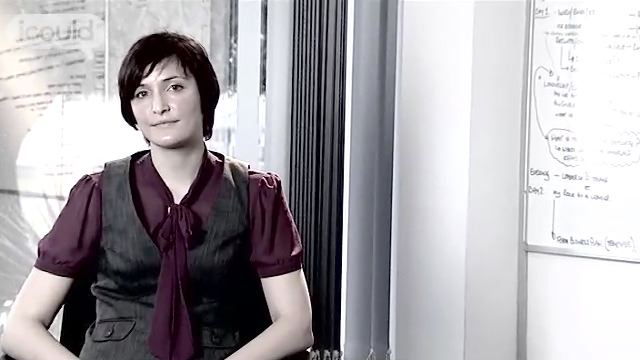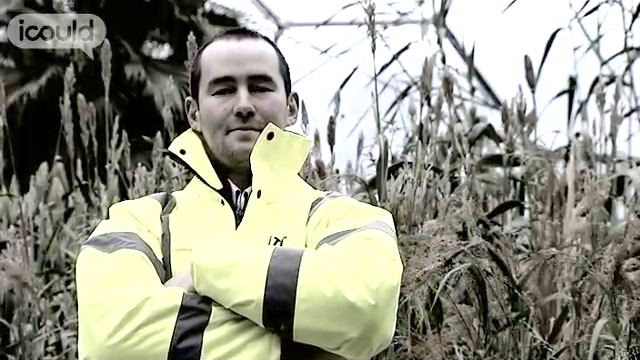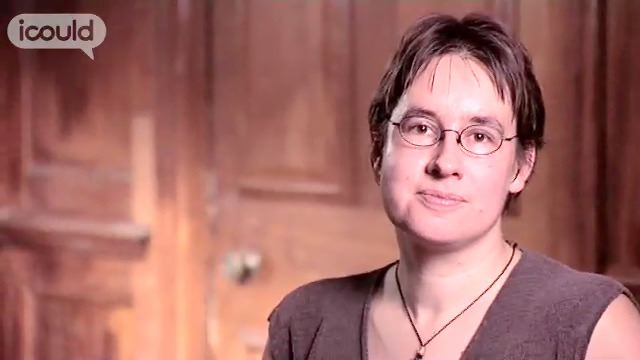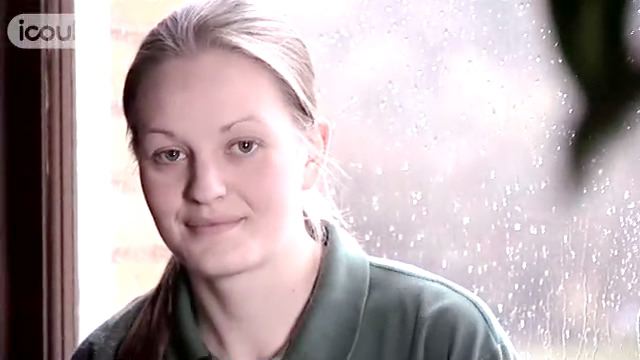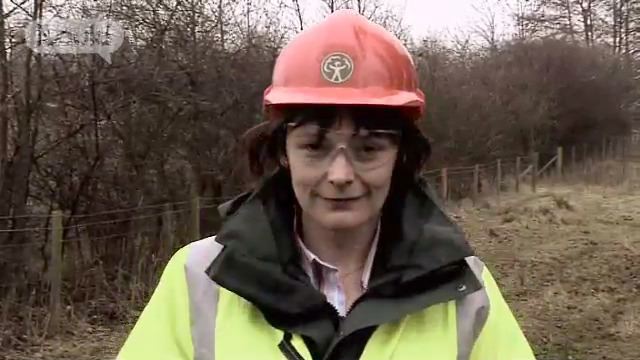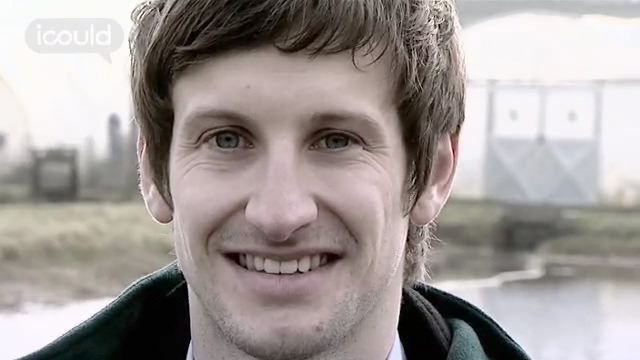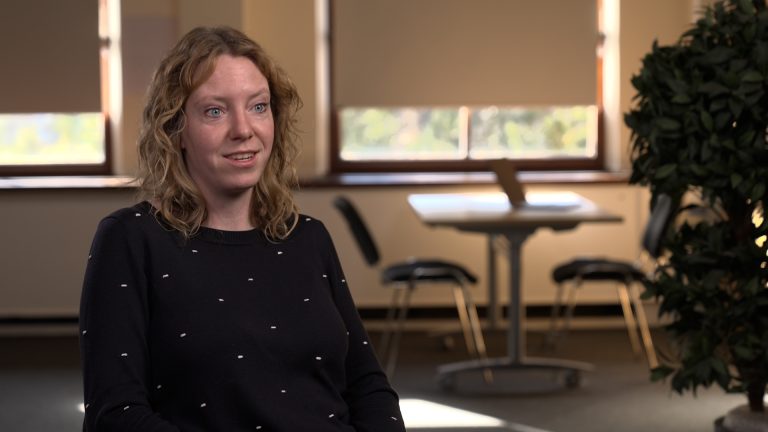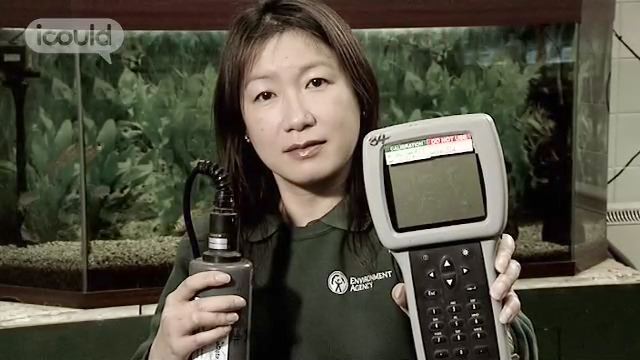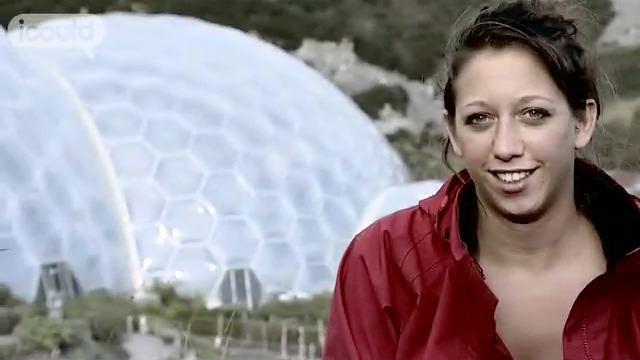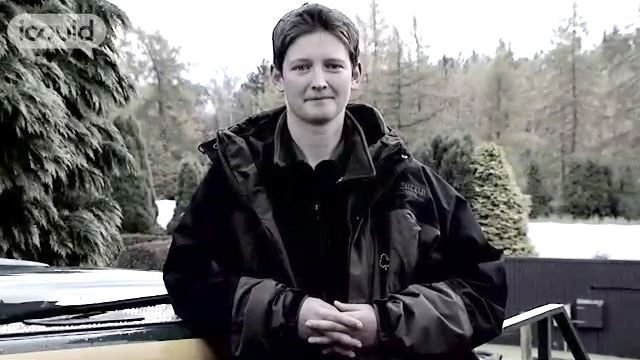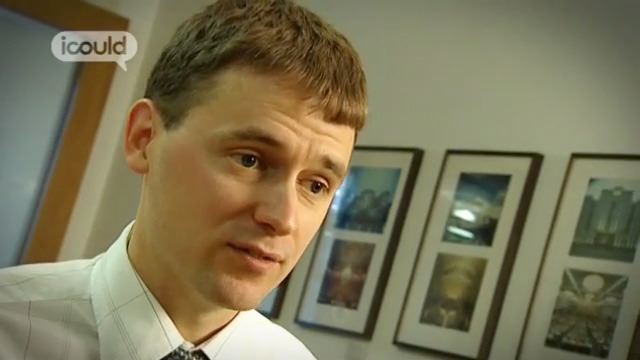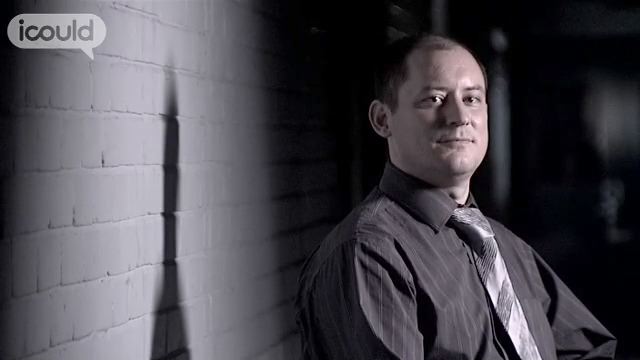Flood and Coastal Risk Management Advisor
Environment Agency
Andrew M
My name is Andrew M, I work for the environment agency as a flood & Coastal Risk Manager Advisor based at Fradley. That involves looking at the maintenance and designing of new flood defences. I’m hopefully going to be incorporated eventually but I’ve got a foundation degree in rivers and coastal engineering and I’m doing a top up degree, full BSE.
I originally started for the environment agency in 2006 as a foundation degree trainee, where I came on just having done my A Levels and started a training scheme where I was based 50% in the work experience and 50% education based at the University of West England. It came about by accident actually, I finished my A Levels in 2004, I didn’t really know what I wanted to do with my life. I knew I didn’t want to go to university straight away I wanted to get some work experience. I was actually a police special constable at the time and I wanted to join the police force and after various unsuccessful attempts I decided that that actually probably isn’t the career choice for me. My A Levels were geography, environmental science, design technology and I’ve come from a farming agricultural background, so I knew about the environment agency before I joined because I studied that at school, so I just happened to stumble across it on the website and thought it was an excellent opportunity to get paid and study at the same time.
We have two types of days in the environment agency, the average day and the incident day, two completely different things. An average day I go to work and I will have blockages come in, reported to us by members of the public or our own inspectors, where we have to look at and judge the criticality of doing the work such as large trees fall down in rivers. Sometimes they don’t cause flooding so we don’t do the work but where we make the judgement of doing the work we will then put the package and paperwork together for our in house skill teams to remove the blockage. During incident day everything stops. Here at the environment agency we go into our core role really which is incident response. So I’m active flood instant duty officer so I basically the calls will come straight to me from the public from our control centre, reports of flooding, river levels getting high, I’ve got to decide where I’m sending our resources out to. I use to be more sight base, now I’ve moved up and progressed through the environment agency to my current role. I’m now providing technical assistance to the rest of my team so I’m probably 50/50 at the moment where I still have a few projects on my own to manage, some of the larger projects but I’m here in the office to support the graduates and the new foundation degree students.
The project I’ve done recently is Monksbridge de silting. We have a 12 span canal aqueduct which is acting in the water causing the river to dissipate its energy, dropping the silts and gravel etc and causing a blockage. That blockage has been modelled by hydraulic modellers and it’s determined that once 8 arches get blocked there’s an increased flood risk to 35 properties up stream so it backs the water up. So after we’ve done the modelling to justify the works we’ve then gone out and carried out the works on site so taking excavators in, removing the gravel and then clearing the arches out to allow free flowing water through that. It’s not just a flood defence though; we have to consider the biodiversity aspects of the project.
On the farms there’s obviously large tractors, large equipment, dads always been involved in that. I’ve always worked on a farm, loved on a farm, we have rivers running through so I know all about different parts of plant, large excavators etc. I suppose that in my early part of my career that’s what I was doing quite a lot, working out on site as a site agent, setting out, ordering large bits of plant and that kind of work.
I did think about going to university straight from doing my A Levels I actually got good results I could have gone to probably wherever I wanted. I did think about actually doing geography because geography, especially physical geography was a real passion of mine, I love that and environmental science. I love the design element I did design technology that’s why I chose them subjects but at the time I was thinking well I wasn’t quite sure that would lead to, I’d go and get a degree but what would be my career choice afterwards. Then I stumbled upon the environment agency which has been the best decision I’ve ever made.
I actually want to stay in the environment agency I want it to be a career choice now, I love working for them and they’re a brilliant organisation to work for and hopefully I’ll just continue moving up and providing more and more support to a larger team The next step I’d like to take is to become a team leader, manage my own team and then maybe pr
On completing his A-levels, Andrew knew that he didn’t want to go to university. He thought about joining the police and spent some time as a volunteer constable but his love of geography and the outdoors led him to the Environment Agency. He joined the Environment Agency on their Foundation Degree training scheme and is now gradually developing both his career and academic qualifications. He feels he has found a job that he loves doing and enjoys the variety of time in the office and out wading in rivers!
More information about Graphic and multimedia designers
The UK average salary is £29,813
There are 37.5 hours in the average working week
The UK workforce is 47% female and 53% male
Future employment
- Liaises with client to clarify aims of project brief, discusses media, software and technology to be used, establishes timetable for project and defines budgetary constraints
- Undertakes research into project, considers previous related projects and compares costs of using different processes
- Prepares sketches, scale drawings, models, colour schemes and other mock-ups to show clients and discusses any required alterations
- Prepares specification and instructions for realisation of the project
- Liaises with other parts of the production team to ensure graphic design fits with other elements, processes and timescales
- Produces or oversees creation of the final product
